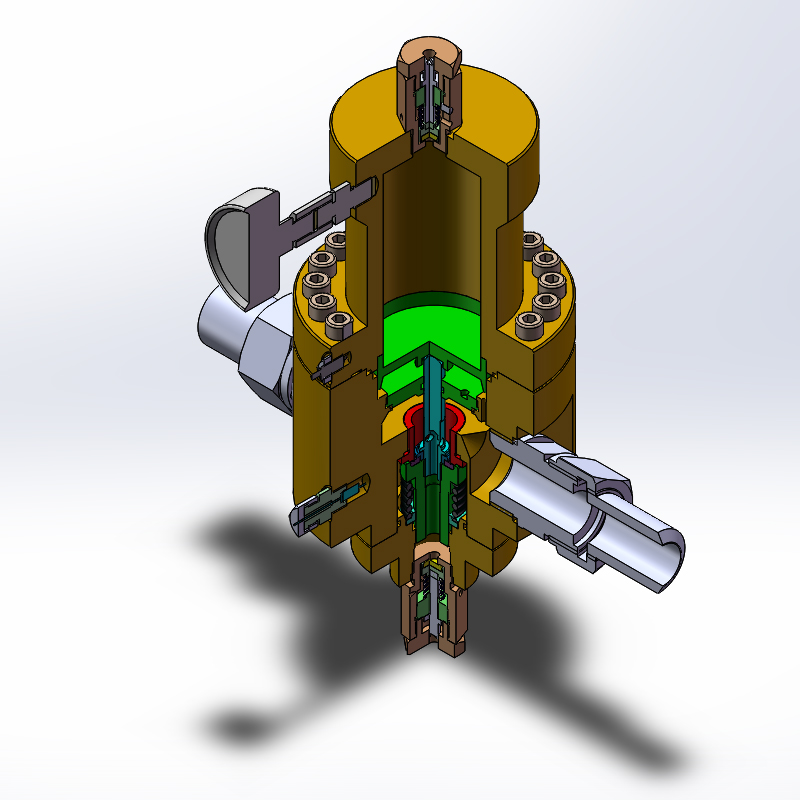
Oct . 18, 2024 21:07
Back to list
Natural Gas Filtration and Separation Systems for Efficient Processing
Understanding Natural Gas Filter Separators
Natural gas is a crucial energy source for many industries, and its processing requires specialized equipment to ensure purity and efficiency. One of the key components in natural gas processing is the filter separator. This device is essential for removing impurities from natural gas, ensuring that the gas meets quality standards before distribution or use. This article explores the role, functioning, and importance of natural gas filter separators in the energy sector.
What is a Filter Separator?
A natural gas filter separator is an industrial device designed to separate liquids, solids, and other impurities from gas streams. As natural gas is extracted from wells, it often contains water, oil, dirt, and other contaminants that need to be removed to prevent damage to equipment and ensure efficient combustion. Filter separators combine the functions of filtration and separation, operating by leveraging gravity and centrifugal forces.
How Does a Filter Separator Work?
The operation of a filter separator usually involves several stages
1. Pre-Filtering Initially, the gas enters the separator, where large solids and liquids are removed through a pre-filter. This stage is crucial for preventing larger particulates from clogging the main filter.
2. Filtration After the pre-filter, the gas is directed through a finer filter medium. This filter captures smaller particles, ensuring that the gas is clean before it moves to the separation chamber.
3. Separation In the separation chamber, the now-filtered gas is allowed to rise and expand. Due to gravity, heavier liquids (like water and oil) settle at the bottom while the lighter gas rises to the top. This process minimizes the amount of liquid that can carry over into the gas stream.
4. Outlet for Pure Gas Once separation is complete, the purified gas is directed out of the separator for further processing or distribution. Meanwhile, the collected liquids can be drained from the bottom of the separator for proper disposal or treatment.
natural gas filter separator

5. Maintenance Regular inspection and maintenance of filter separators are essential for operational efficiency. Filters need to be cleaned or replaced periodically to ensure they function effectively.
Importance of Filter Separators in Natural Gas Processing
The integration of filter separators in natural gas processing offers multiple advantages
- Efficiency By removing contaminants, filter separators enhance the efficiency of downstream processes such as compression and liquefaction. Clean gas can be compressed and transported more easily, reducing energy costs and equipment wear.
- Safety Contaminants like water and hydrocarbon liquids can lead to corrosion and malfunctioning of pipelines and machinery. Filter separators help minimize these risks, enhancing the safety of natural gas operations.
- Compliance Natural gas must meet specific quality standards before it can be sold or used for heating and cooking. Filter separators play a critical role in ensuring that the gas meets regulatory requirements, thereby avoiding legal issues and potential fines.
- Environmental Protection Properly functioning filter separators reduce the likelihood of pollutants entering the atmosphere. By ensuring that only purified gas is released, these devices contribute to a cleaner and more sustainable energy future.
Conclusion
In conclusion, natural gas filter separators are vital components of the natural gas processing system. They ensure that the gas is free from harmful impurities, thereby protecting equipment, enhancing safety, and promoting operational efficiency. With the ever-increasing demand for clean energy, the role of such filtration and separation technologies is becoming even more critical. As industries continue to evolve, the technology surrounding filter separators is likely to advance, promising even better performance and environmental benefits in the future.
Investing in high-quality filter separators is, therefore, essential for companies looking to maintain operational excellence and remain competitive in the energy market. The intricate processes involved in natural gas filtration and separation underline the importance of these systems in achieving a sustainable energy landscape.
Latest news
-
Safety Valve Spring-Loaded Design Overpressure ProtectionNewsJul.25,2025
-
Precision Voltage Regulator AC5 Accuracy Grade PerformanceNewsJul.25,2025
-
Natural Gas Pressure Regulating Skid Industrial Pipeline ApplicationsNewsJul.25,2025
-
Natural Gas Filter Stainless Steel Mesh Element DesignNewsJul.25,2025
-
Gas Pressure Regulator Valve Direct-Acting Spring-Loaded DesignNewsJul.25,2025
-
Decompression Equipment Multi-Stage Heat Exchange System DesignNewsJul.25,2025

